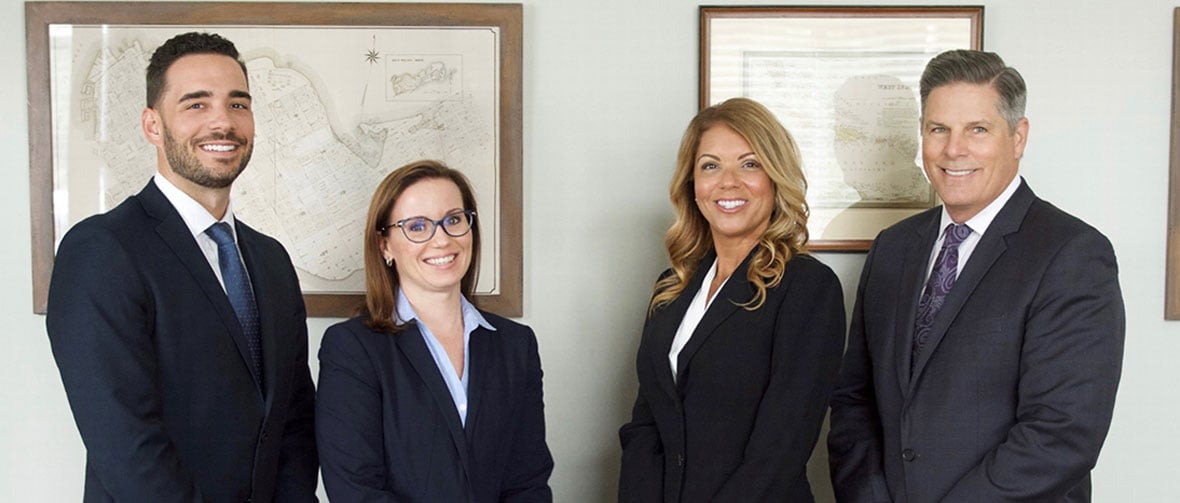Estate plans represent an opportunity to take stock of your assets and determine beneficiaries deserving of a portion of your legacy who will hopefully respect your decisions. The process also requires attention to every detail.
Admittedly, the creation of a will and trust combines legal complexities with emotionally-charged issues. One family member may see the distribution of assets as anything but equitable. Disagreements plant seeds of dissension that could tear a family apart during a time when unity is needed.
Before you start, you may ask around to friends and family members on the best possible strategies. What you need to know is that estate planning is filled with myths and misconceptions that can create unnecessary complications.
Only the wealthy require estate plans
Estate planning is about more than just money and possessions. The process also involves specific steps to take should you become incapacitated. Think of it as a roadmap to your loved ones to navigate how to take care of matters. A trusted family member can make decisions about health care and ensure that children are provided for during your time of incapacity and following your passing.
Equal asset distribution to each child
While leaving everything to your offspring is a noble sentiment, children who come from the same parents may have vastly different skills, goals, and aspirations. One may have played a significant role in the family business while the others chose different pursuits. A more tailored approach could see the family enterprise grow in value, leaving the child whom received it the option to bring in their brothers and sisters.
Establishing a trust will cover everything
Once assets are handed over to a trustee, that individual has a fiduciary responsibility to the beneficiaries. Conflicts can arise, particularly when a family member serves in that role with other loved ones named as beneficiaries. The death of a patriarch or matriarch leaves emotional wounds that can impair rational decision-making. Putting all that responsibility on one can not only become a significant burden but also tear apart once close loved ones. A neutral corporate or professional fiduciary can manage the trust free of the emotional entanglements.
Estate planning is not a “do-it-yourself” process. Often, the help of an attorney can keep the peace among grieving family members.






